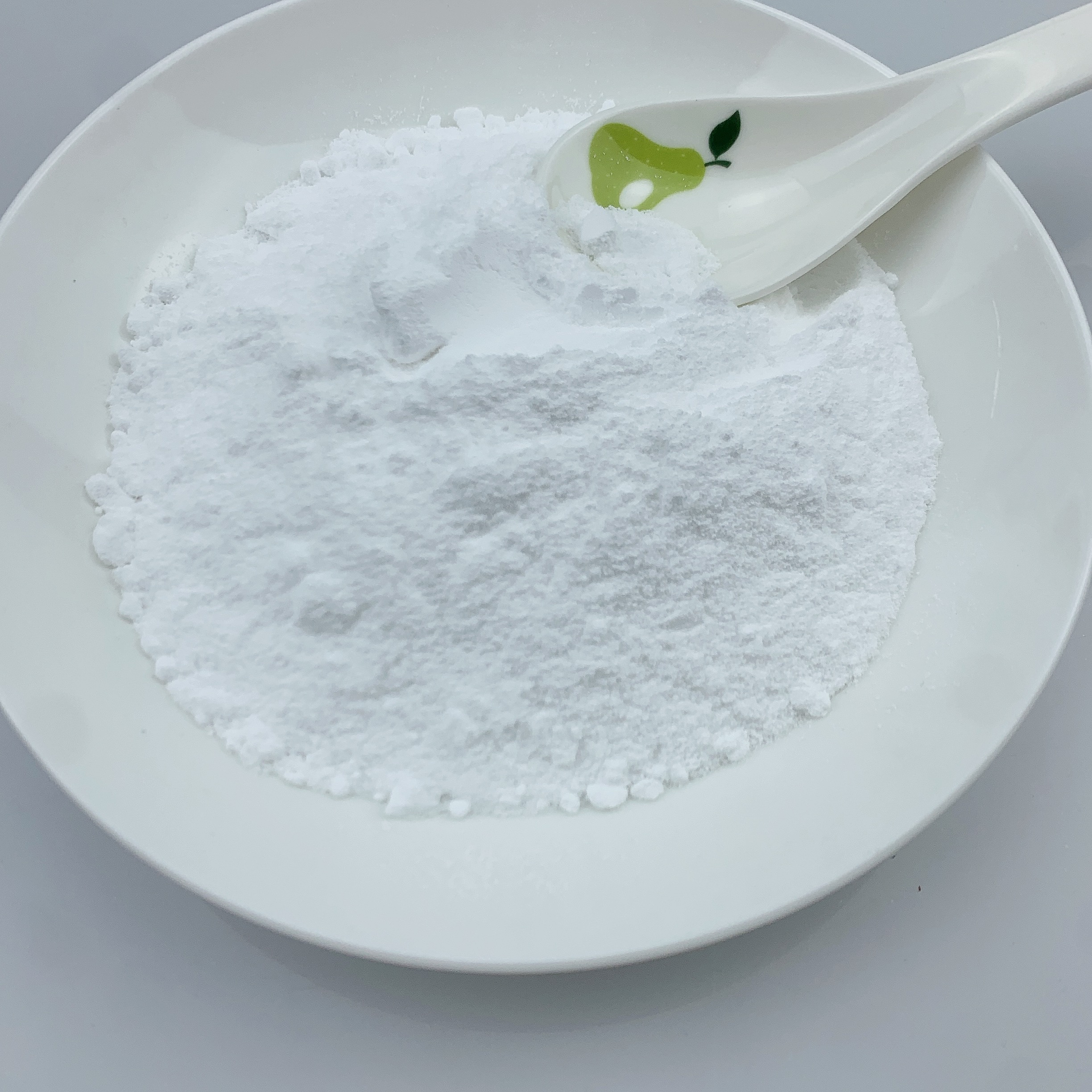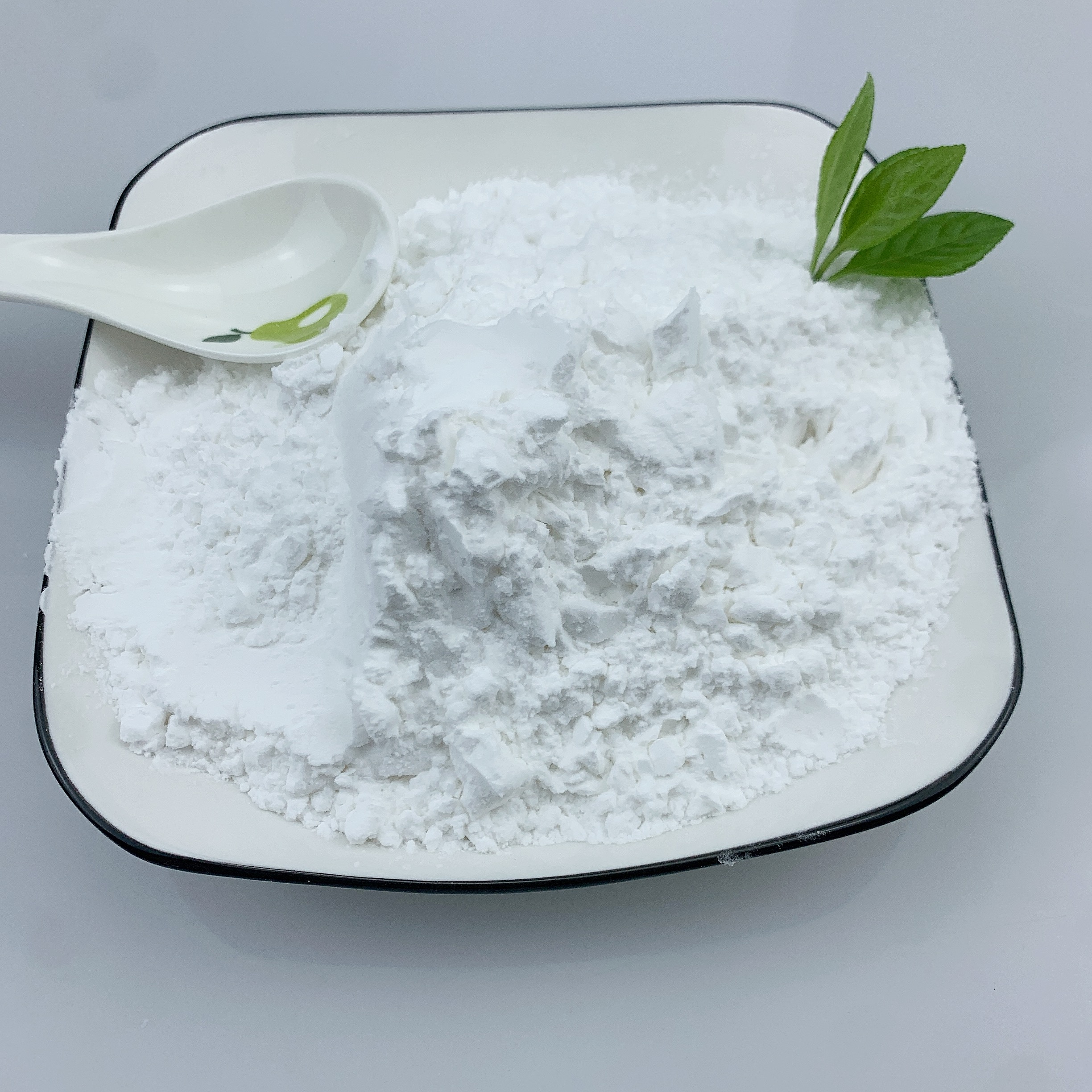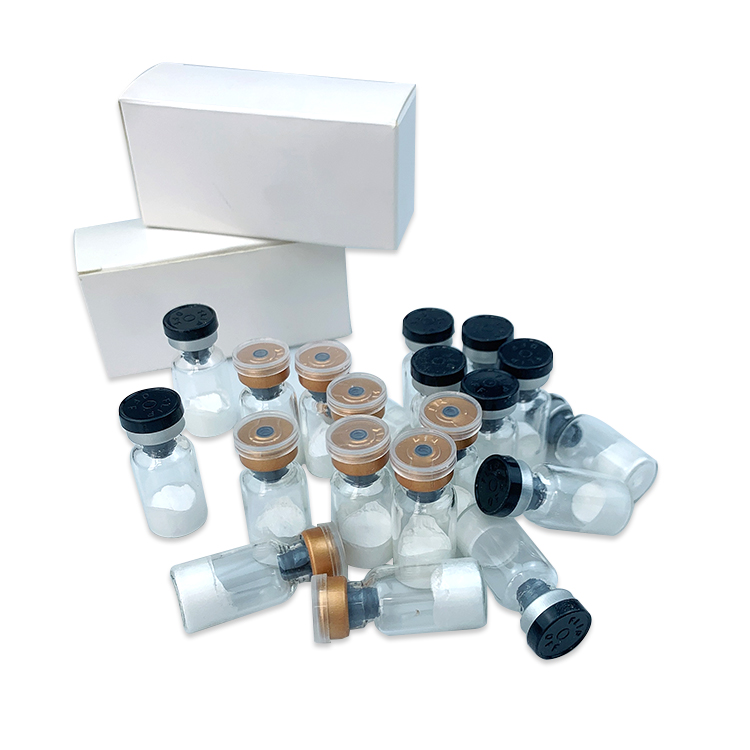Products Details
Somatostatin, also known as growth hormone suppressor hormone (GHIH) or several other names, is a peptide hormone that regulates the endocrine system and affects neurotransmission and cell proliferation by interacting with G-protein-coupled somatostatin receptors and inhibiting the release of a variety of hormones. Secondary hormones. Somatostatin inhibits insulin and glucagon secretion. Somatostatin comes in two active forms, produced by the alternating cutting of a single progenin: one consisting of 14 amino acids (shown in the information box on the right), and the other consisting of 28 amino acids. In vertebrates, there are six different somatostatin genes, named SS1, SS2, SS3, SS4, SS5, and SS6. Zebrafish have all six. Six different genes, along with five different somatostatin receptors, give somatostatin a wide range of functions. Humans have only one somatostatin gene, SST. digestive system Somatostatin is secreted by delta cells at multiple locations in the digestive system, namely pyloric sinuses, duodenum, and islets. Somatostatin released by the pyloric sinuses enters the heart through the portal system and then enters the systemic circulation to the site of inhibition. In addition, somatostatin released by δ cells can function in a paracrine manner. In the stomach, somatostatin acts directly on acid-producing parietal cells through G-protein-coupled receptors (which inhibit adenylate cyclase and thus effectively antagonize histamine stimulation) to reduce gastric acid secretion. Somatostatin also effectively slows down the digestive process by indirectly reducing the production of stomach acid by blocking the release of other hormones such as gastrin and histamine.
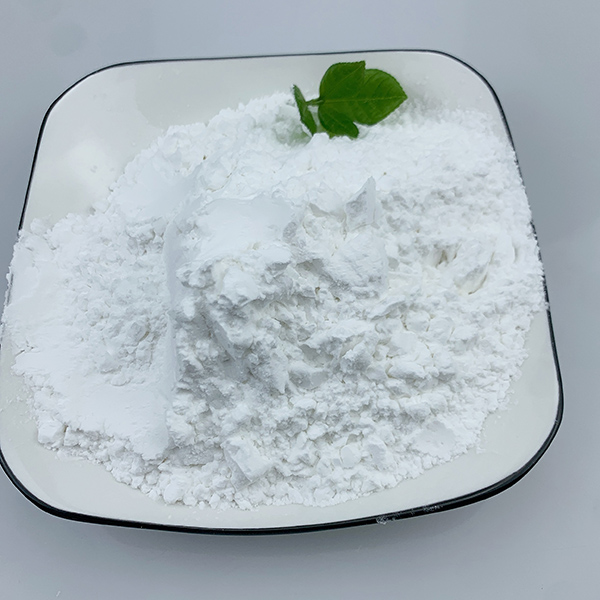
 Email : salesexecutive1@yeah.net whatsapp: +8618931626169 wickr: lilywang
Email : salesexecutive1@yeah.net whatsapp: +8618931626169 wickr: lilywang
317318-70-0,
PORCINE,
Double Pesticide,
CAS 151126-32-8,
5721-91-5,
Vegan Melatonin,
SemaxAcetate CAS 80714-61-0,
Pyrethroid Pesticides,
VALSARTAN,
Deltamethrin Insecticide,


 Email : salesexecutive1@yeah.net whatsapp: +8618931626169 wickr: lilywang
Email : salesexecutive1@yeah.net whatsapp: +8618931626169 wickr: lilywang 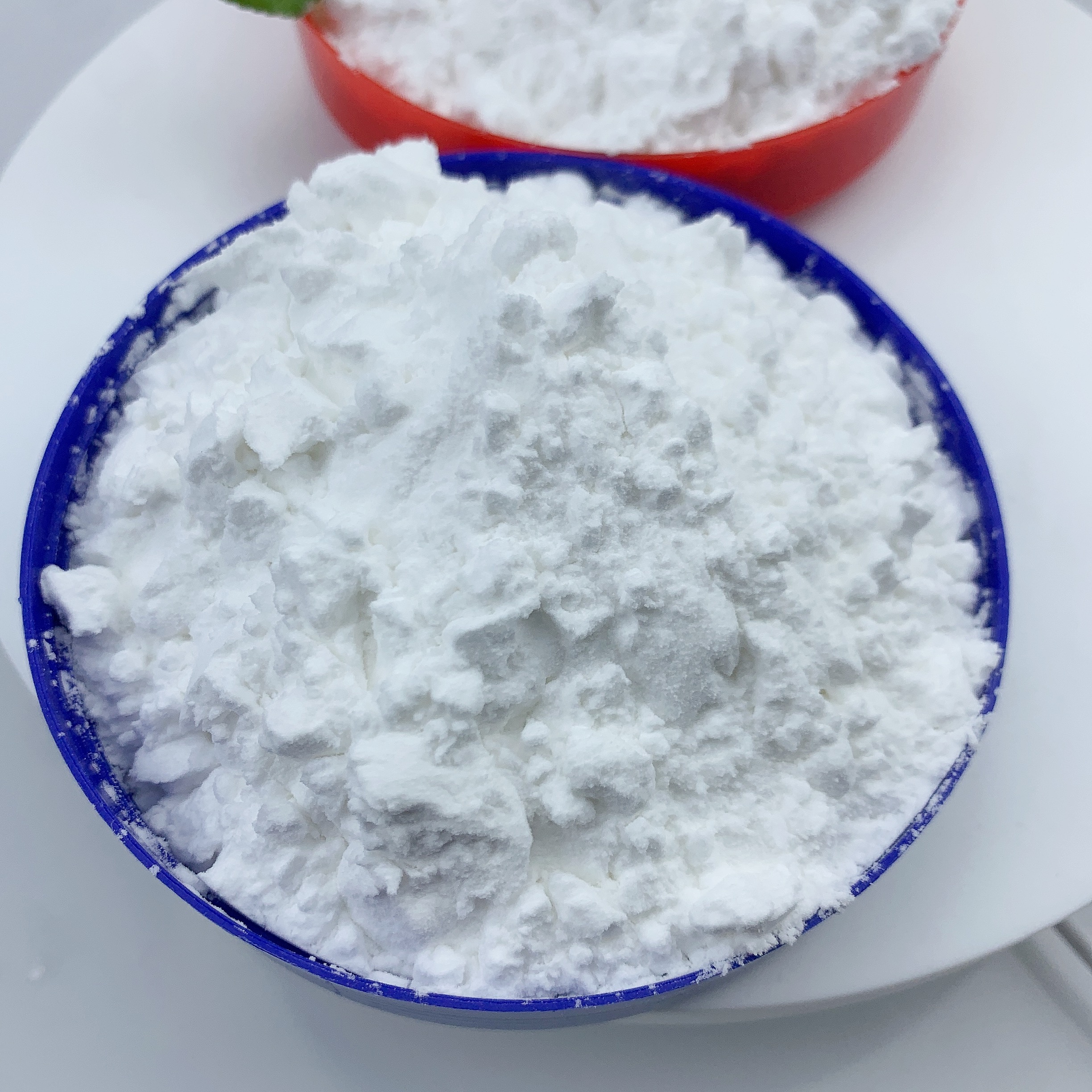


 Email : salesexecutive1@yeah.net whatsapp: +8618931626169 wickr: lilywang
Email : salesexecutive1@yeah.net whatsapp: +8618931626169 wickr: lilywang 